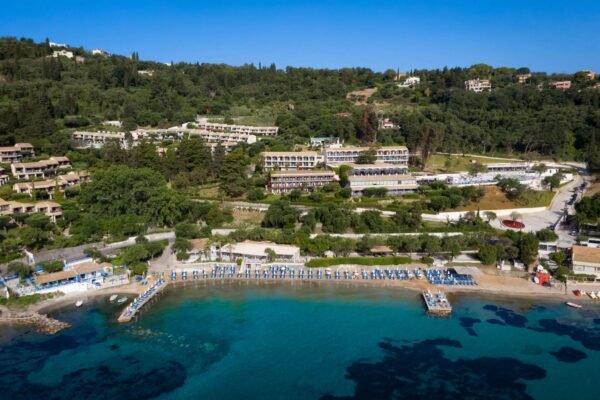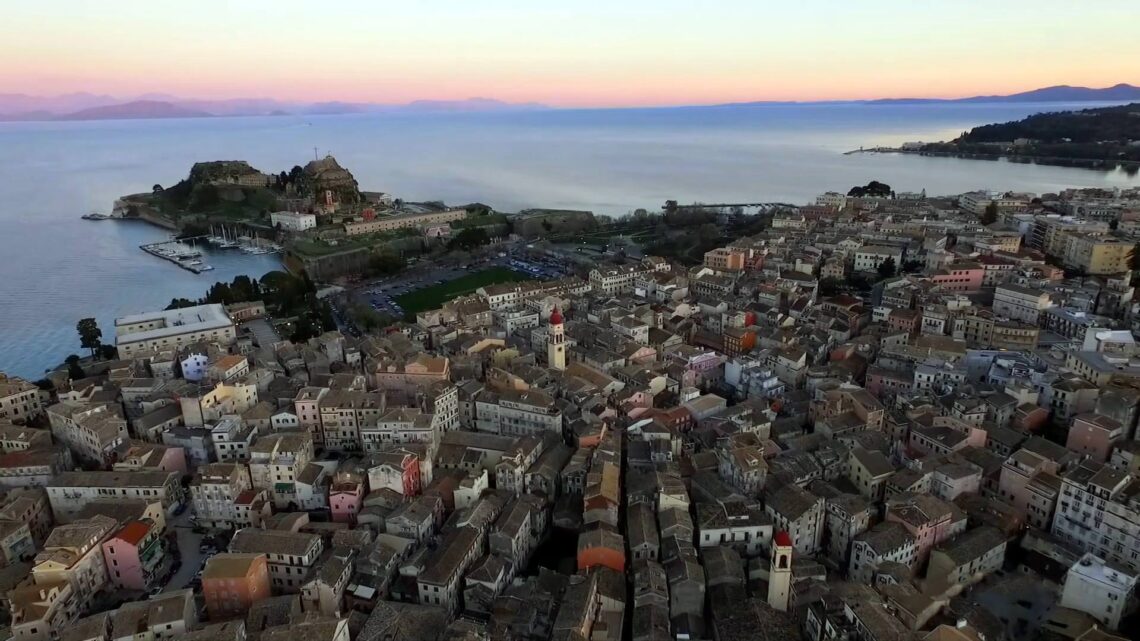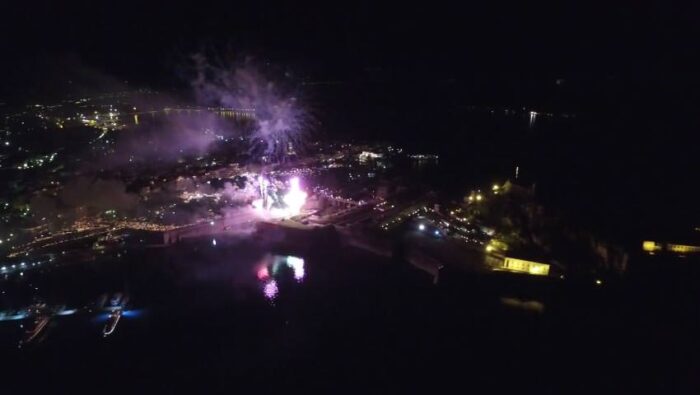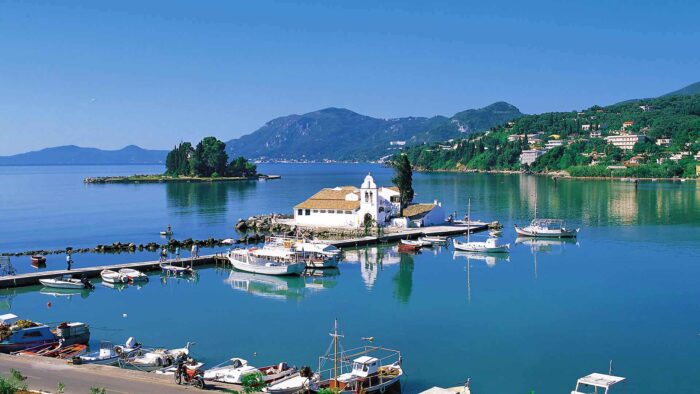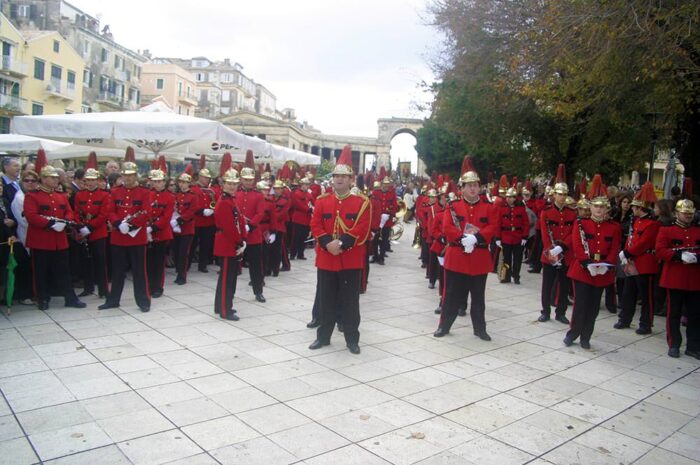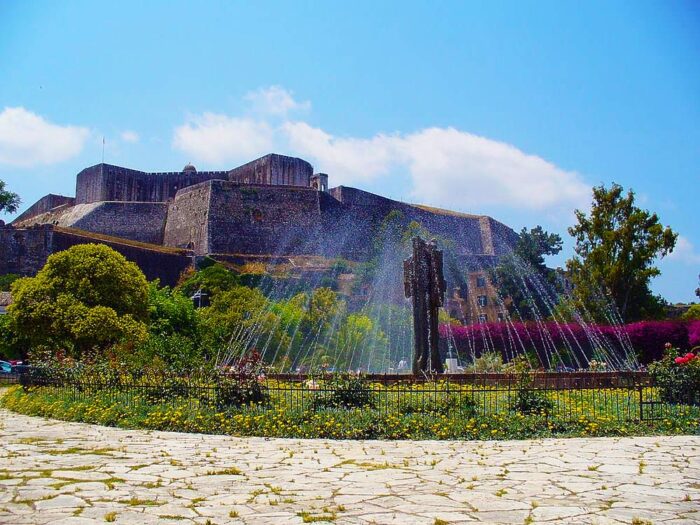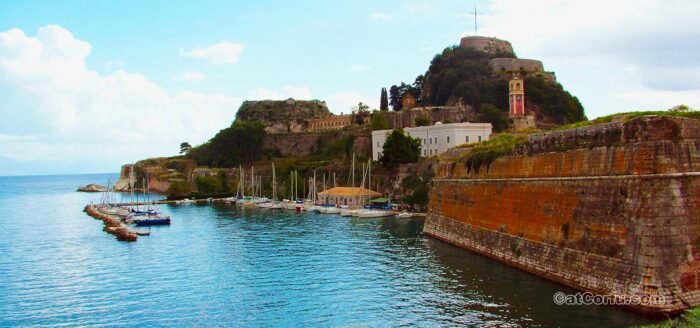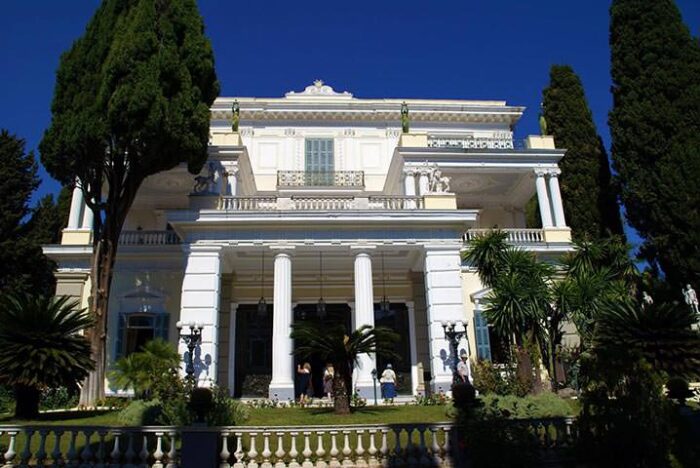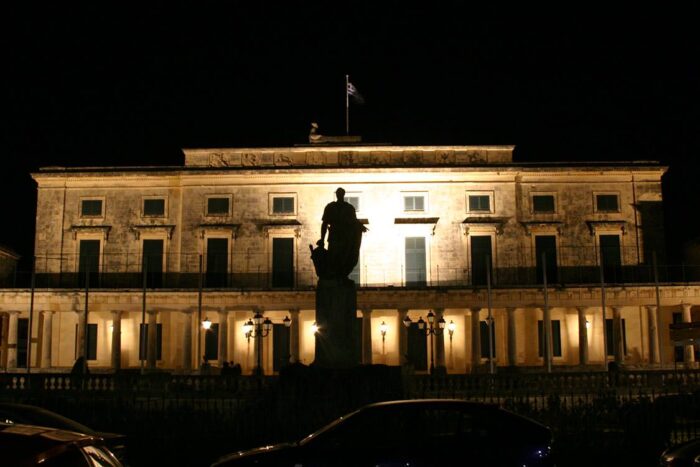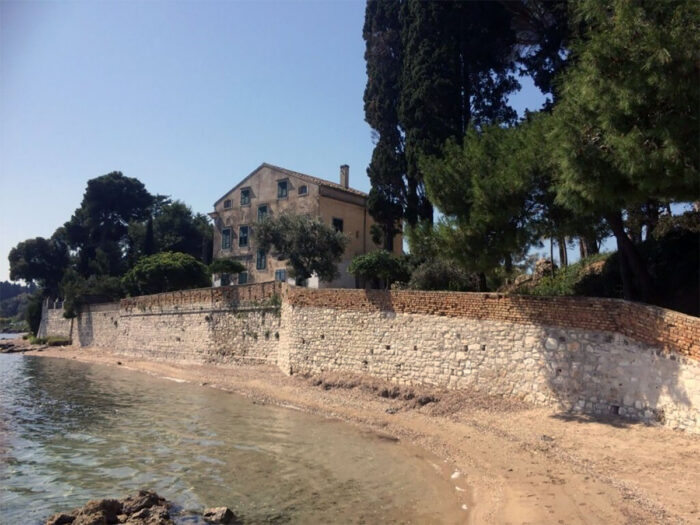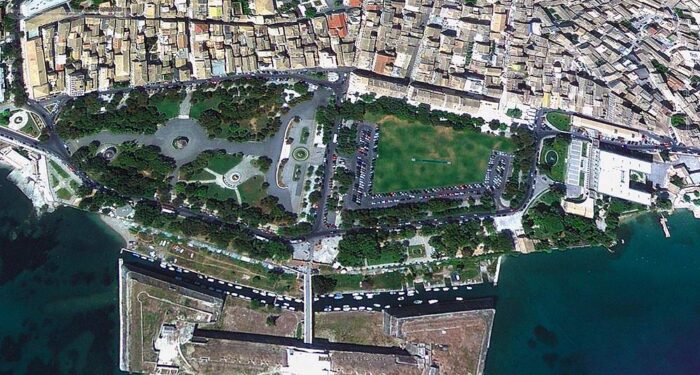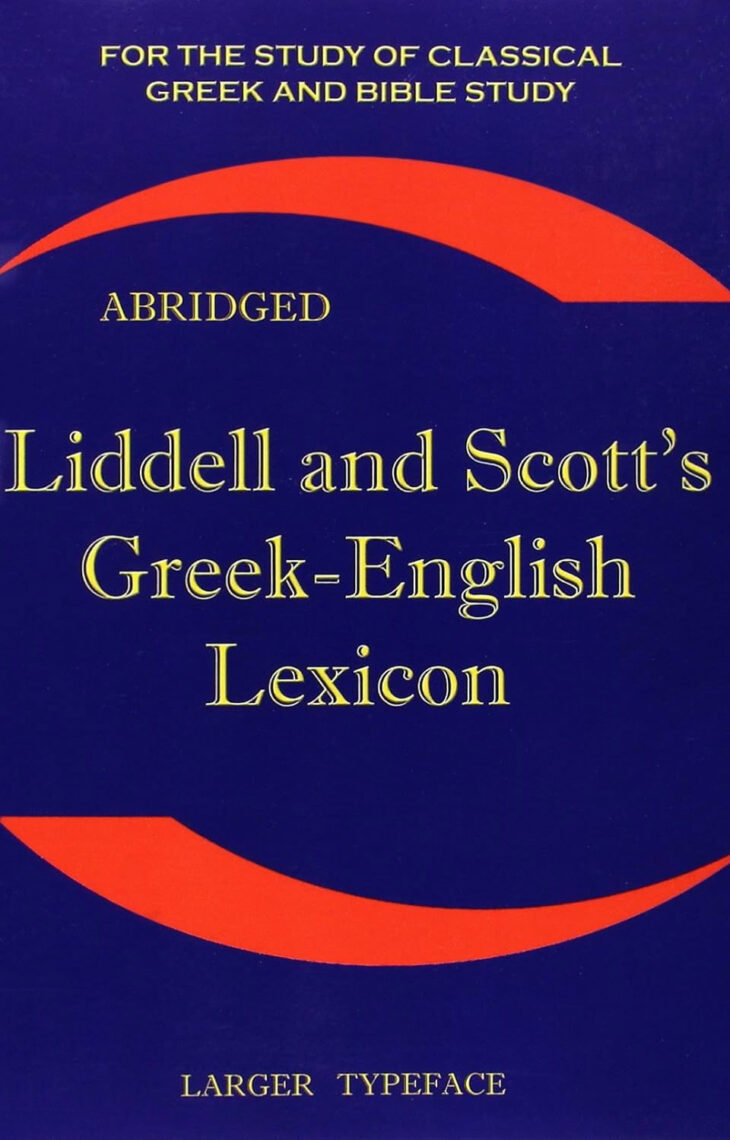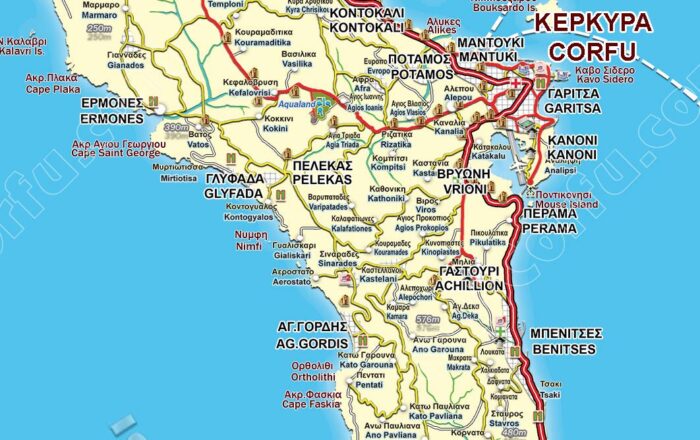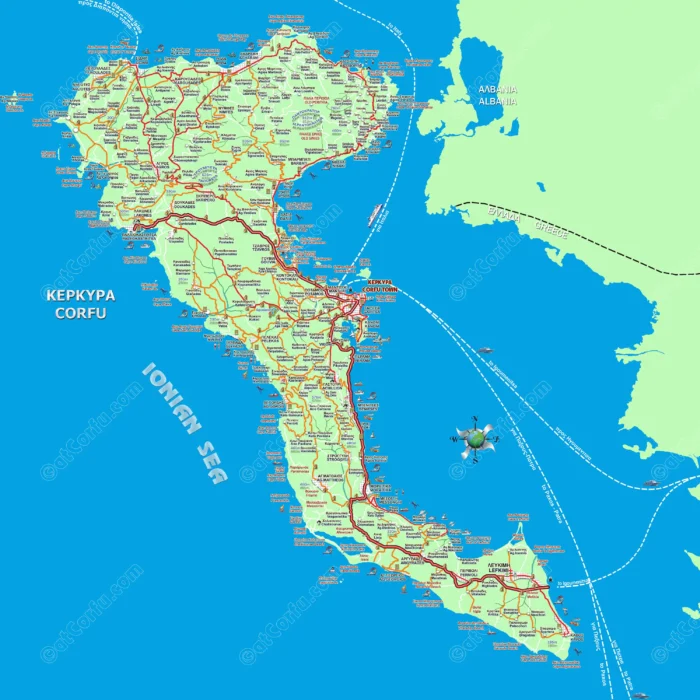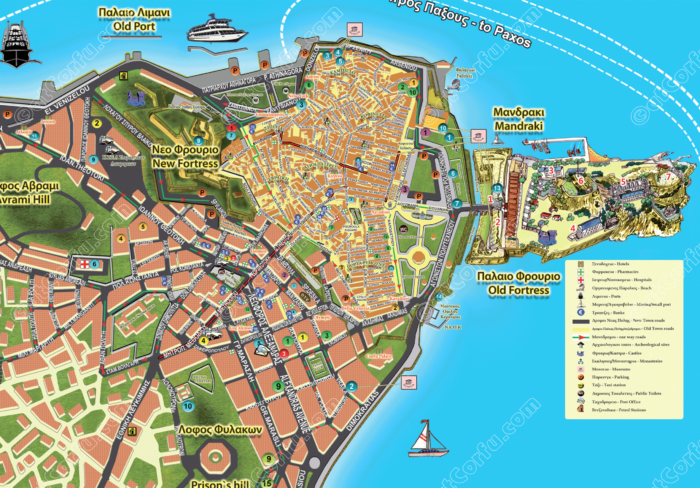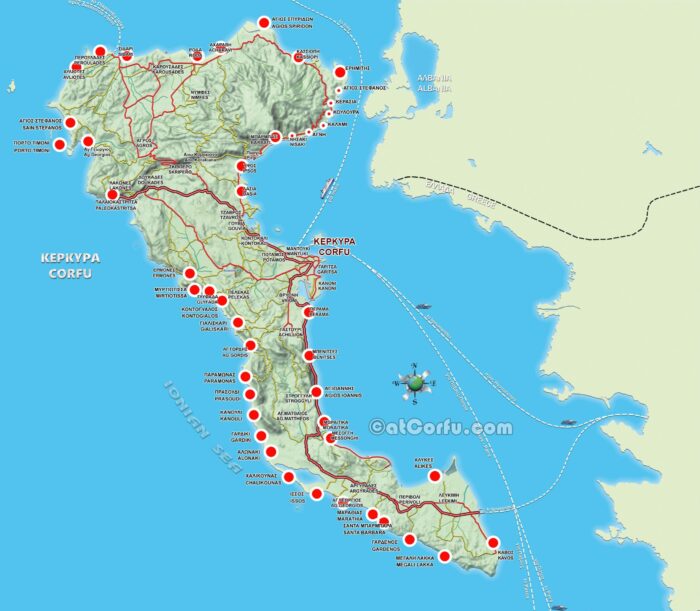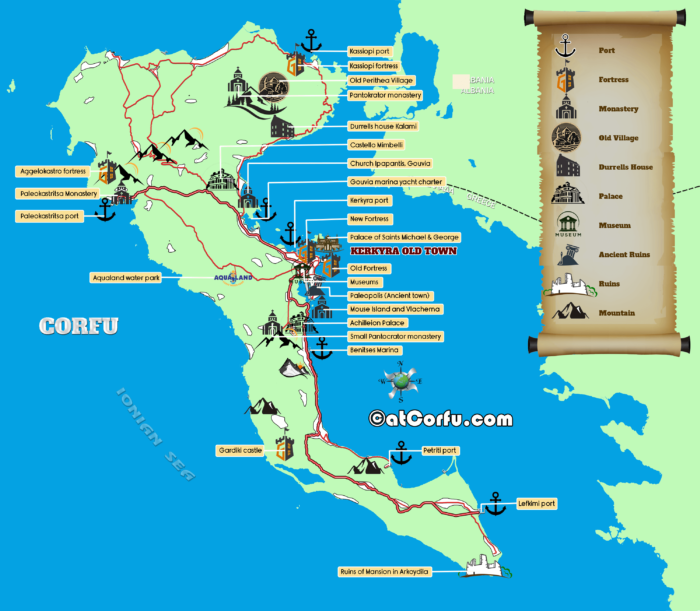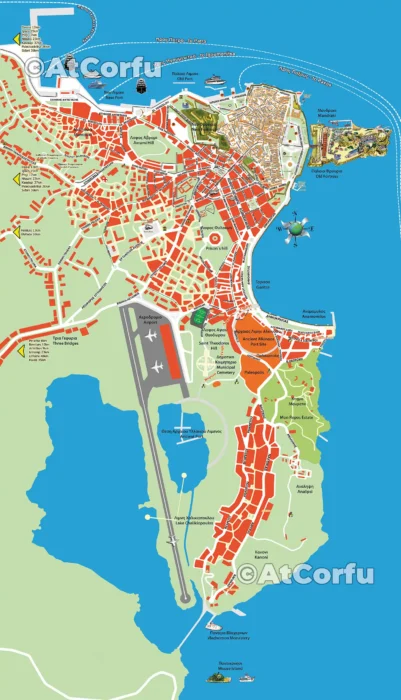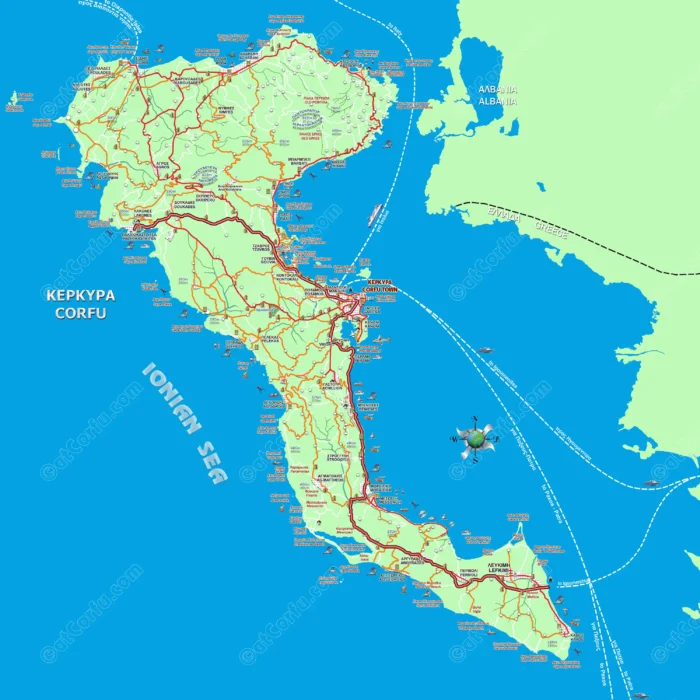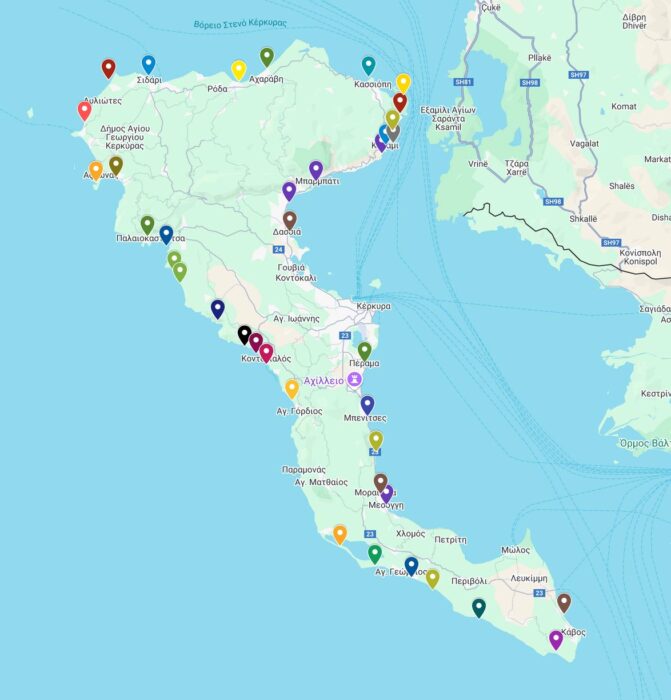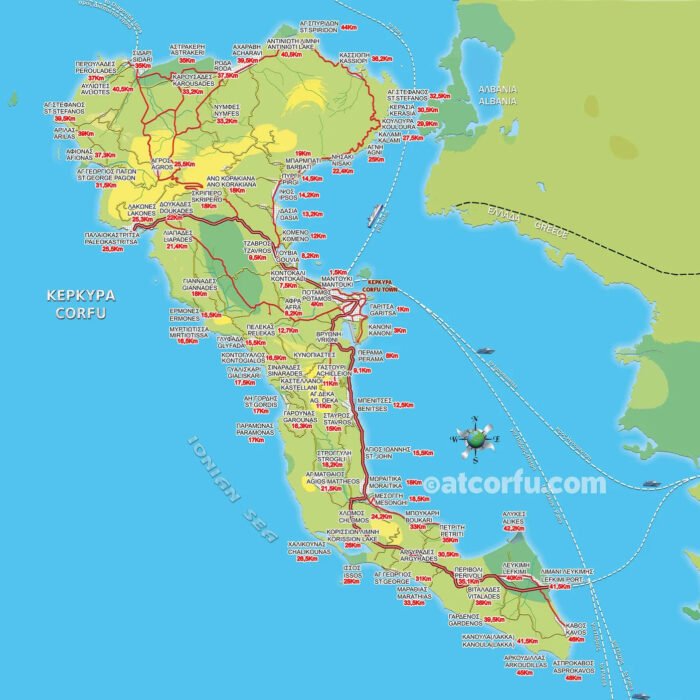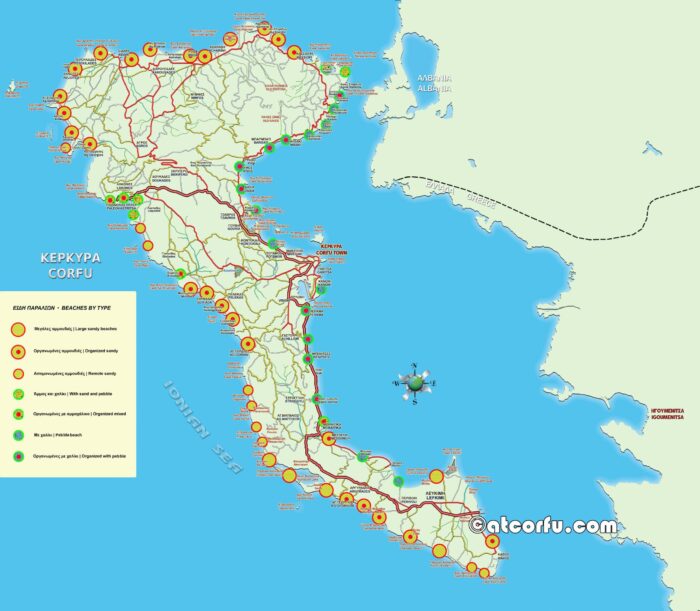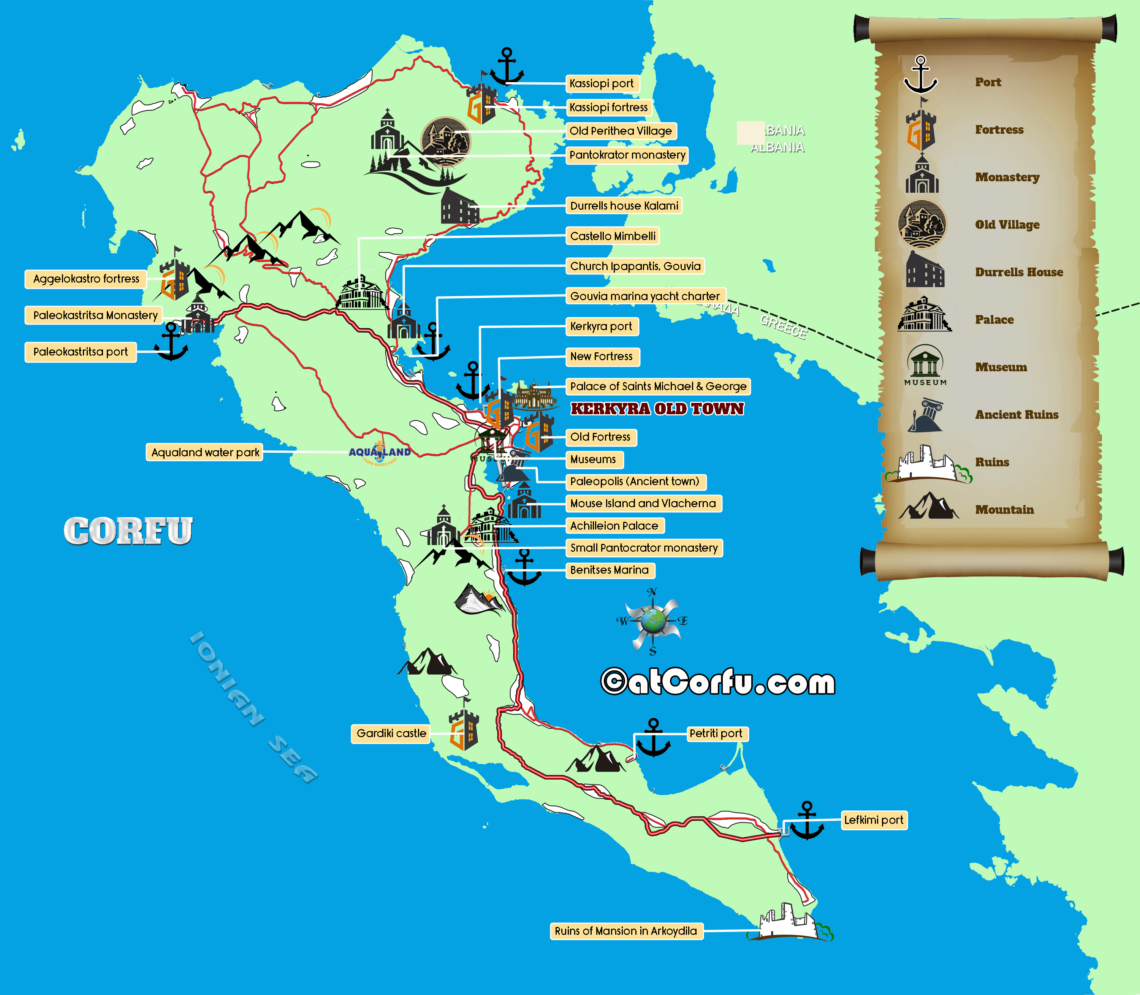Imagine waking up to the soothing sound of waves crashing against the shore, with a gentle sea breeze caressing your face. Welcome to Aeolos Beach Hotel Resort in Perama, located on the beautiful Greek island of Corfu.


Situated in a picturesque area, Aeolos Beach Resort offers the perfect escape for those seeking tranquility and natural beauty. Whether you are looking for a romantic getaway or a peaceful retreat, this seaside hotel has something to offer for everyone.
The hotel boasts comfortable and spacious rooms, each with breathtaking views of the crystal-clear Ionian Sea. Wake up to the sight of the sun rising over the horizon, casting a golden glow on the water. Step out onto your private balcony and take in the panoramic vistas of the surrounding landscape.
Indulge in a leisurely breakfast at the hotel’s restaurant, where you can savor a variety of delicious local delicacies. Afterward, take a stroll along the hotel’s private beach, feeling the soft sand between your toes. Dive into the refreshing waters of the sea or simply relax under the shade of an umbrella, soaking up the sun.


For those seeking adventure, the hotel offers a range of activities such as snorkeling, kayaking, and boat tours to explore the nearby hidden coves and secluded beaches. If you prefer to explore the island on land, the hotel can arrange guided hikes or bike rentals, allowing you to discover the natural wonders of Corfu.
In the evenings, unwind with a refreshing cocktail at the hotel’s bar, while enjoying the mesmerizing sunset over the sea. Indulge in a delectable dinner at the on-site restaurant, where you can savor traditional Greek cuisine prepared with the freshest local ingredients.
With its idyllic location, comfortable accommodations, and warm hospitality, the seaside hotel in Perama, Corfu, promises an unforgettable experience. Escape the hustle and bustle of everyday life and immerse yourself in the beauty of this enchanting Greek island.
Aeolos Beach Hotel Resort Overview
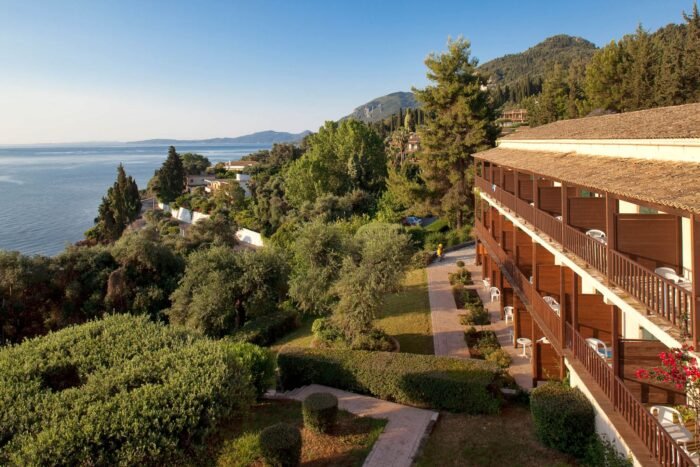

Location and Surroundings: Located 10 kilometers from Corfu Town in Perama, Aeolos Beach Resort is nestled in the quiet resort of Perama. The resort offers stunning views of the Ionian Sea and mainland Greece, surrounded by lush greenery. It provides a perfect balance between a serene beach retreat and easy access to the vibrant nightlife of Corfu Town.
Exploring Perama and Corfu City: Perama is situated on Corfu’s eastern shoreline, offering a central location for sightseeing and exploration. The resort is an excellent starting point for romantic retreats and convenient for airport travel, being under 15 minutes away by car.
Accommodation Options


Aeolos Beach Resort Highlights: The resort features 409 rooms in one main building and 12 groups in the grounds. It offers various accommodation options, including bungalows, double rooms, family rooms, and suites, all equipped with modern amenities such as Wi-Fi, air-conditioning, and more.
Board Basis: Aeolos Beach Resort operates on an All-Inclusive basis, providing buffet breakfast, lunch, and dinner. Guests can enjoy snacks, crepes, and waffles between 11 am and 5 pm. All-Inclusive drinks include tap water, juices, branded soft drinks, draught beer, and bottled wines.
Room Categories
- Bungalow with Garden View and Balcony
- Bungalow with Sea View and Balcony
- Main Building Double Room with Sea View and Balcony
- Superior Double Room with Sea View and Balcony
- Main Building Deluxe Double Room with Sea View and Balcony
- Family Room with Garden View, Sliding Doors and Balcony
- 2 Bedroom Family Suite with Sea View and Balcony
Pools and Beach Access


Pools: Aeolos Beach Resort boasts two pools – an infinity pool surrounded by gardens and olive groves and a family pool with a kids’ section. The infinity pool offers a picturesque view of the ocean below, while the family pool provides a shallow section and a separate baby pool.
Private Beach: Guests can access a private beach with a restaurant serving freshly made pizza and pasta.
Dining Options


Restaurants and Bars: The resort offers a buffet restaurant, an à la carte restaurant, pool bars, beach bars, and a main bar. Guests can enjoy a variety of cuisines, including Greek, Mediterranean, and international fare.
Special Dining Experiences: There are opportunities for à la carte dining at selected restaurants, and a food court with two different kiosks offering snacks.
Entertainment and Activities
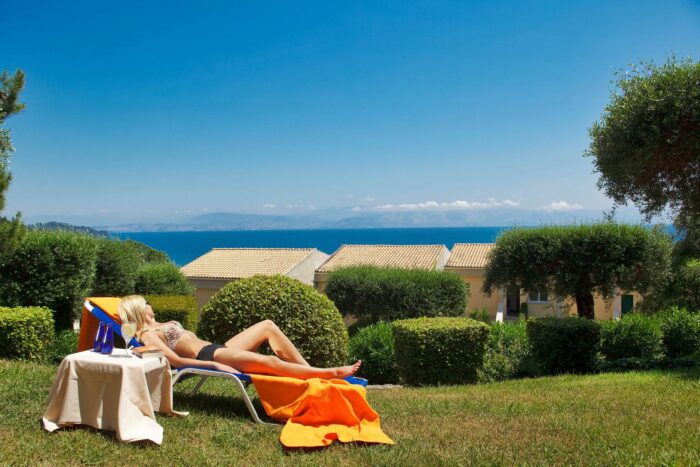

Kids and Family: Aeolos Beach Resort caters to families with a kids’ club, mini disco, and a variety of games and activities. Evening entertainment includes live music, shows, competitions, and a Greek folklore dance once a week.
Recreational Activities: The resort provides numerous recreational activities such as tennis, beach volleyball, water polo, aerobics, and more.
Wellness and Fitness: Guests can make use of two saunas for free, indulge in beauty treatments and massages, and access a well-equipped gym.
Additional Amenities and Services
Facilities and Services: Free Wi-Fi is available throughout the complex, and the resort provides laundry services, a private beach, a luggage store, a gift shop, a 24-hour reception, safety deposit boxes, and shuttle bus services.
Conclusion
In conclusion, Aeolos Beach Resort promises a memorable stay with its picturesque location, diverse accommodation options, all-inclusive offerings, and a wide range of entertainment and recreational activities for guests of all ages.


